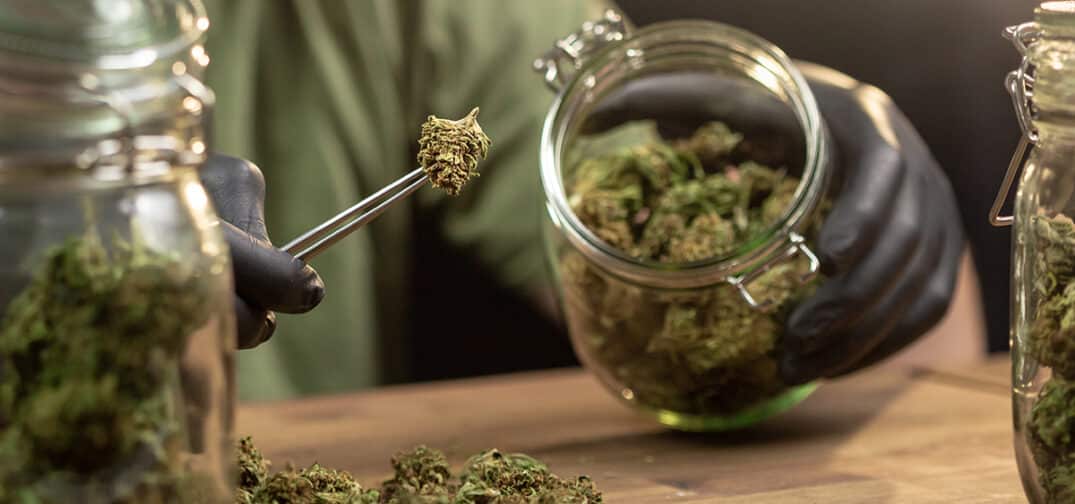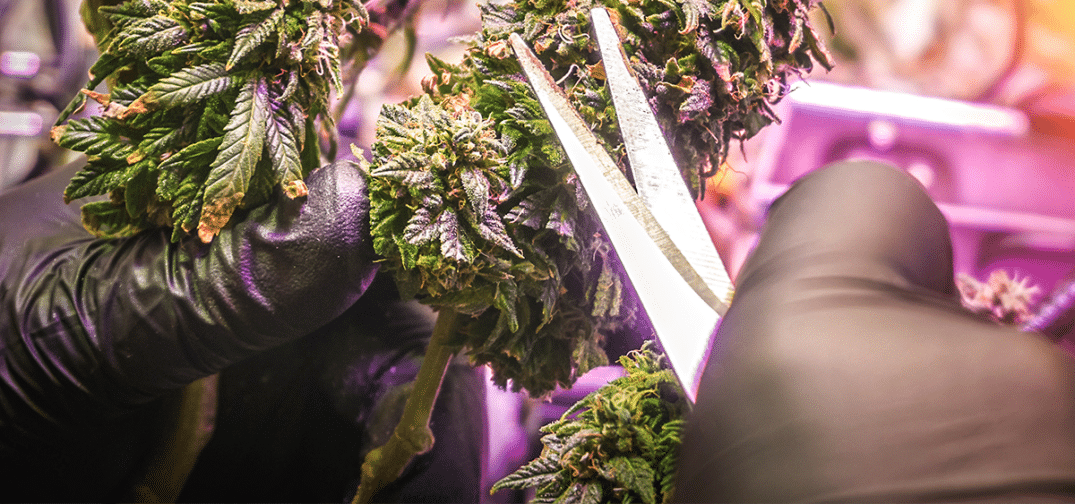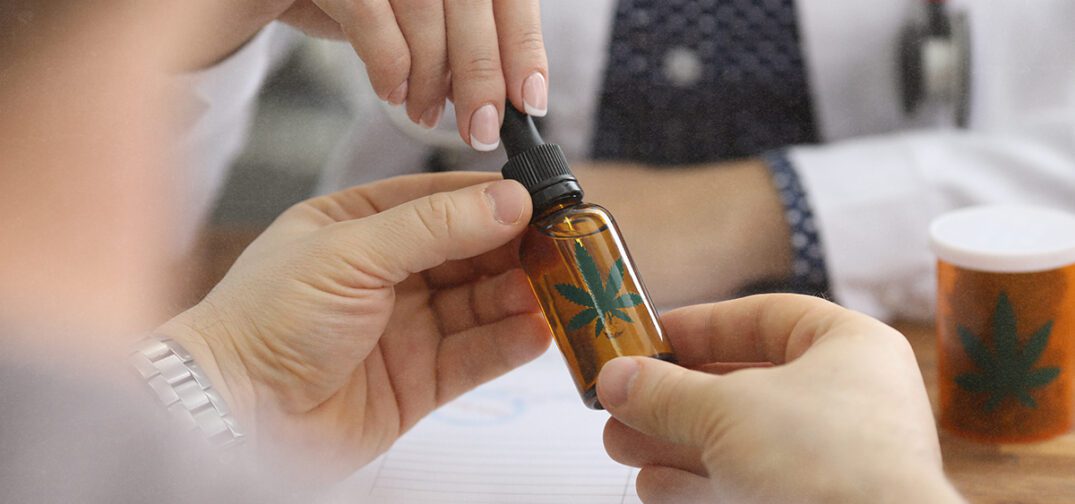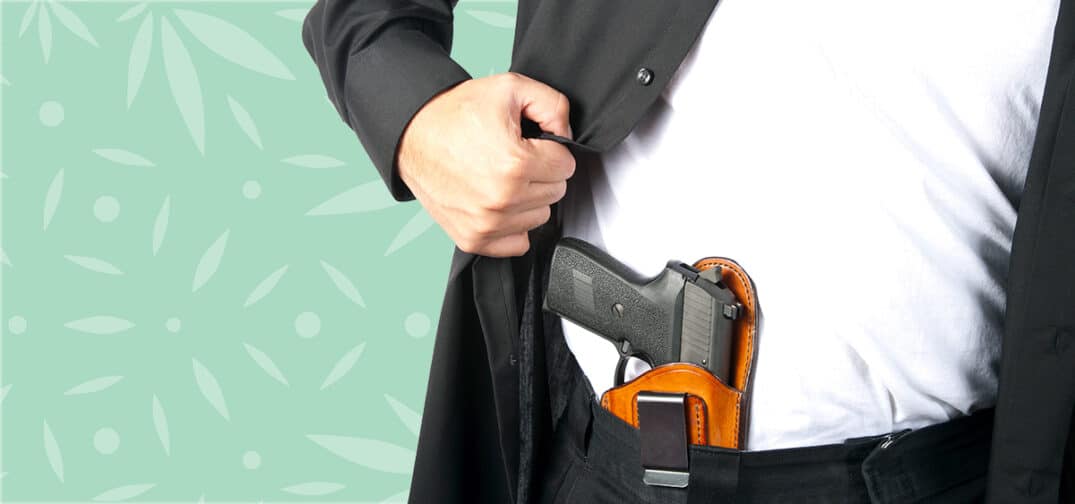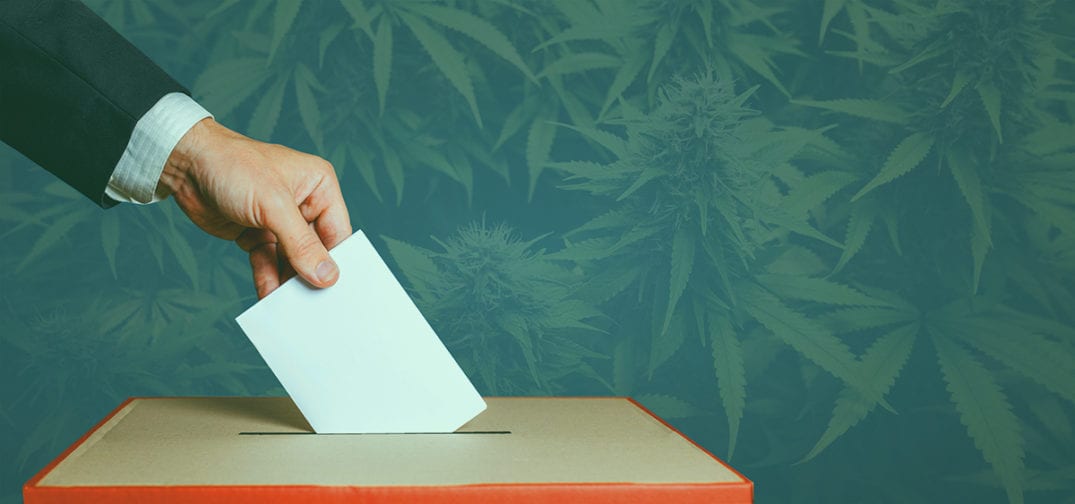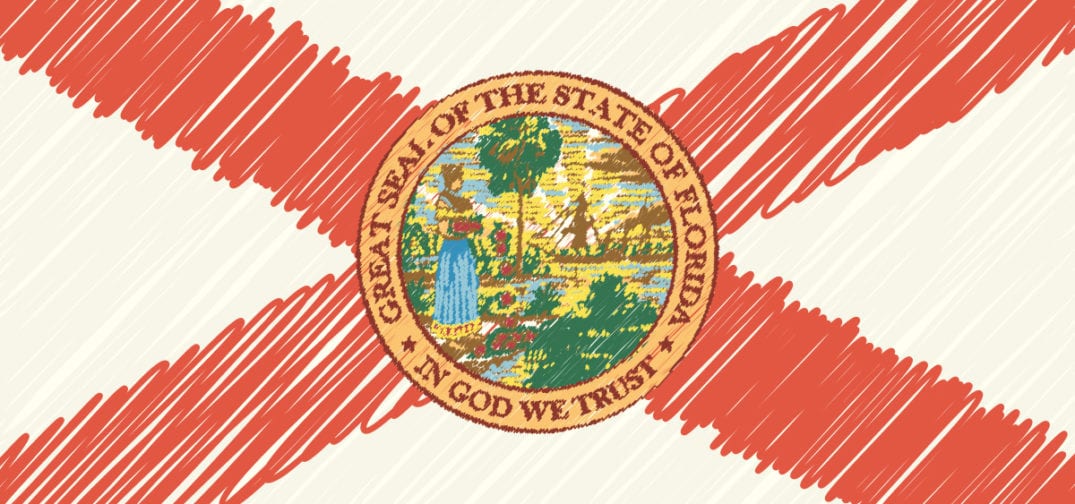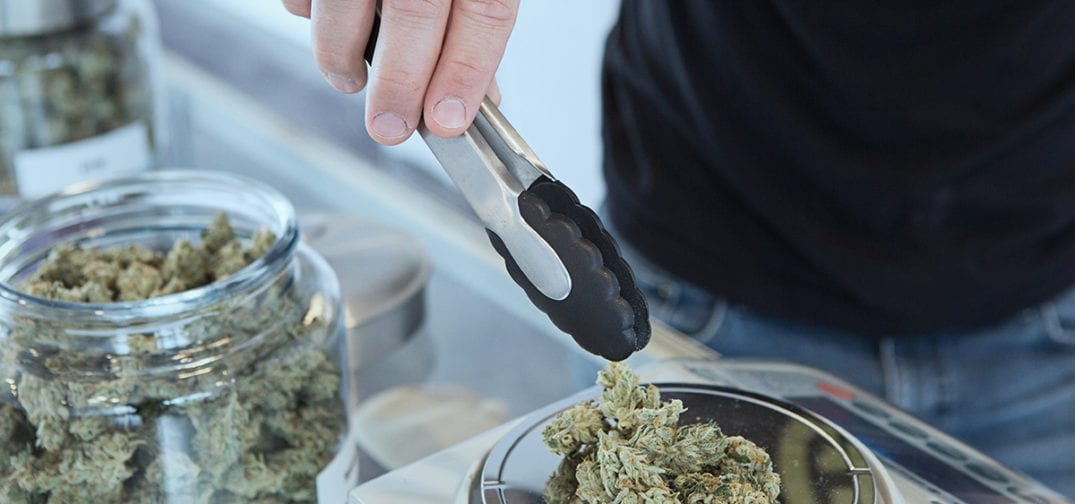Nearly two-thirds of U.S. truck drivers and their carriers favor changes in federal cannabis testing regulations, according to a report from the American Transportation Research Institute (ATRI). The report found that 41.4% of truck drivers reside in states with legal adult-use cannabis access in 2023, compared to 18.5% in 2019.
The ATRI survey found 70% of truck drivers and 62% of representatives from motor carrier companies said that “changes were needed to federal drug policy rules in light of state-level legalization” and another 65% of all respondents agreed that some form of cannabis impairment testing should replace cannabis use testing.
In a statement, Minnesota Trucking Association President John Hausladen noted that more states are legalizing cannabis which “underscores the critical need for tools to effectively determine marijuana impairment by current and prospective employees.”
Federal law mandates that commercially licensed drivers submit to both pre-employment and random cannabis urinalysis testing, which detects the presence of THC metabolites but does not test for impairment because the metabolite can remain detectable in urine for weeks.
According to Drug and Alcohol Management Information System (MIS) data, from 2012 to 2021, 1,057,692 drug tests have been performed on drivers with a 66.9% positive test rate for cannabis. Among those more than one million tests, 572,306 were pre-employment drug screens, which had a 71.1% positivity rate for cannabis. Another 455,901 of the tests were random, which had a 58% positivity rate for cannabis.
The report notes that “The federal prohibition of marijuana use by [Commercial Driver License] holders has been highlighted as a potential disincentive for drivers to stay in the industry” and that the high pre-employment positivity rates, which likely purport past cannabis use “is filtering out a significant number of potential truck drivers from the industry.”
End




